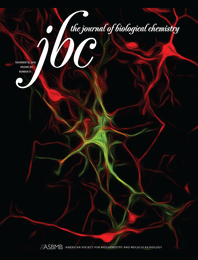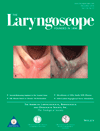Attention Joachim Boldt: The 1990s are calling, and they want their papers back.
The Annals of Thoracic Surgery has retracted two papers from the early 1990s on which Boldt was the first author – bringing the retraction tally for the disgraced German anesthesiologist to 96, by our count. Both articles were found to contain manipulated data.
The first paper, from 1990, was titled “Acute Preoperative Plasmapheresis and Established Blood Conservation Techniques,” and was written when Boldt was on the faculty at Justus-Liebig University, in Giessen.
According to the notice:
Continue reading When you have 94 retractions, what’s two more?

 The notices keep coming for diabetes researcher
The notices keep coming for diabetes researcher 






